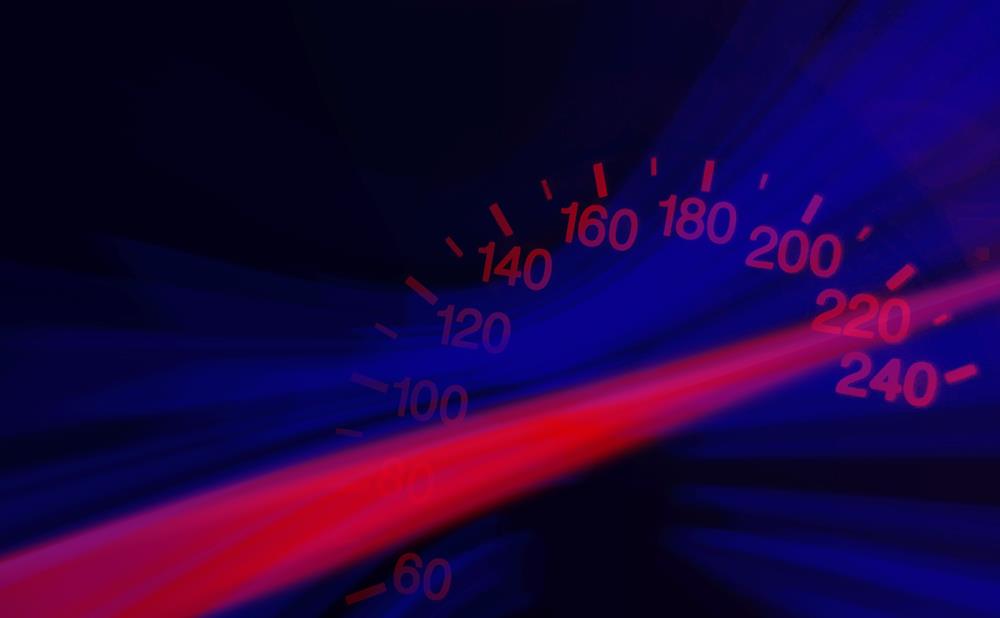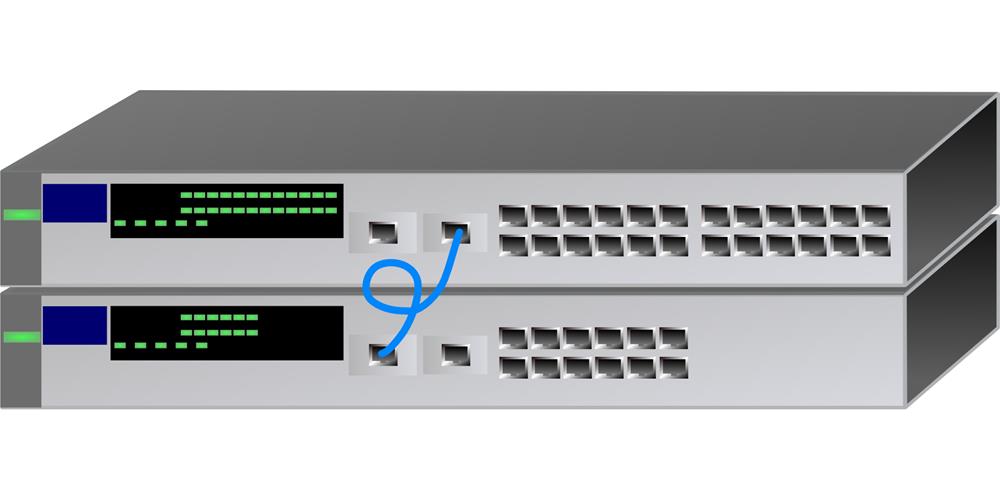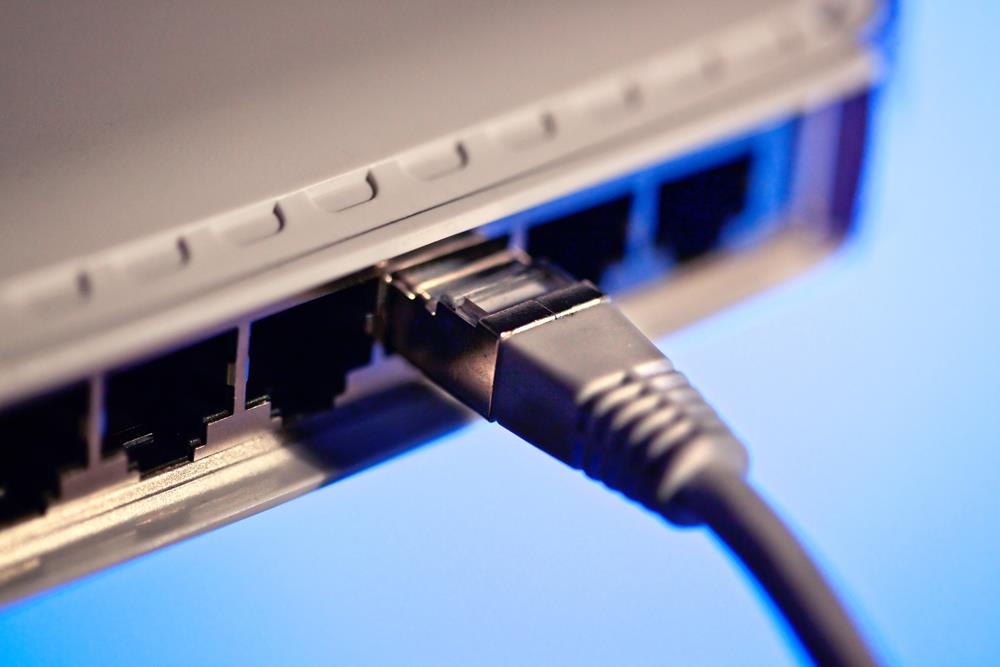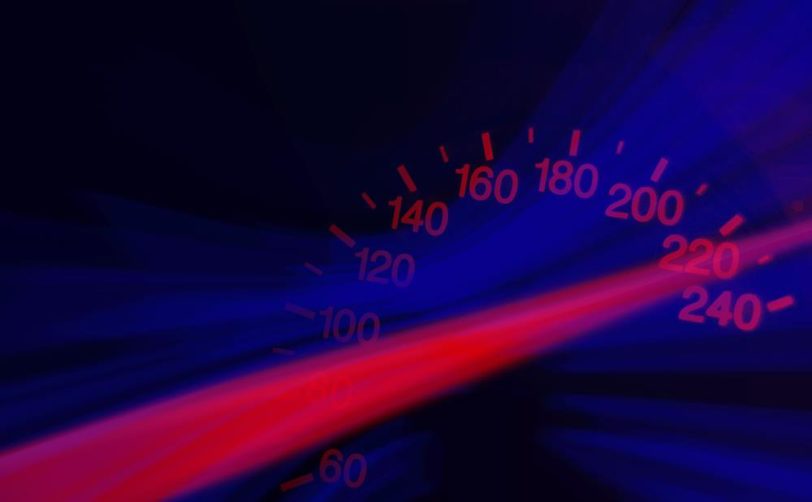What’s the minimum required internet speed to run your LiveTV service (or any other iPTV service) to minimize freezing, buffering, and lagging?

The answer is, it depends several things. However, there are some basic numbers that most agree on, so let’s explore what are some of the factors that can affect your TV viewing experience.
Poor Service
Let’s face it, sometimes our internet connection for some reason acts up. The best solution is to call your Internet Service Provider (ISP) and report the issue. Usually they are able to let you know what may causing the poor connection.
Picture Quality
If you’re watching a live channel in full HD quality at 1080P, you may experience some lagging, freezing, or buffering. The main reason for this is because unlike Cable and Satellite that use broadband connectivity to stream television services which pushes through huge amounts of information, most internet services still use single-band. The standard internet connection is burdened with many things being pushed through a smaller tube such as multiple devices connected via wifi, video streaming, audio, internet browsing, and several other things, so therefore you get a bottleneck which slows things down. However without a doubt, once technology improves beyond this, watching higher quality live streaming video through your internet, the performance should get better.

Server load
Sometimes the problem isn’t your internet service, but rather, the server in which you are getting your live TV service from. Whenever there is a large number of viewers watching the same channel, sometimes there’s a slow down. This is because the server is having a hard time keeping up with the supplying a larger number of viewers with the same quality of video.
Neighborhood
Most ISPs have their customers on what’s known as a shared IP, or a shared platform. With this, what your neighbors do can affect your internet service. You may also notice that your internet is faster at certain points in the day than others. This is because of the shared concept. As more people in your neighborhood log on to the internet, the slower the speeds tend to be. In off-peak hours, you may notice an increase in internet speed. With all this said, ISPs (in first world countries) are doing a much better job at maintaining a high level of internet speed at all times of day.

Home setup
Despite all the best efforts, sometimes the issue how your home is set up. Most older homes aren’t built to facilitate wifi connectivity. Even the newer homes depending on size and build, thickness of walls, etc., all can affect the your wifi strength.
What speed is recommended?
Connecting your box directly to the modem using an Ethernet cable, then the recommended speed is 25Megabits per second (25Mpbs)
If you plan to connect your box to the internet via wifi, then the recommended speed is at least 150Mbps.
The reason you need a much larger internet speed if you plan to connect via wifi is because wifi signal only pulls through a fraction of the overall strength of a wired connection. In many cases wifi only pulls in about 10%. This means that if your Internet package speed is 150Mbps, then your wifi connection will be only about (10%) 15Mbps, give or take a few Mbps up or down.
Conclusion
There are many factors that affect your internet speed so you will want to make sure that you have sufficient internet service to run any live TV service you. Once again, the minimum for connecting your box directly to your modem: 25Mbps, and if you are connecting via wifi then you’ll need 150Mbps.

